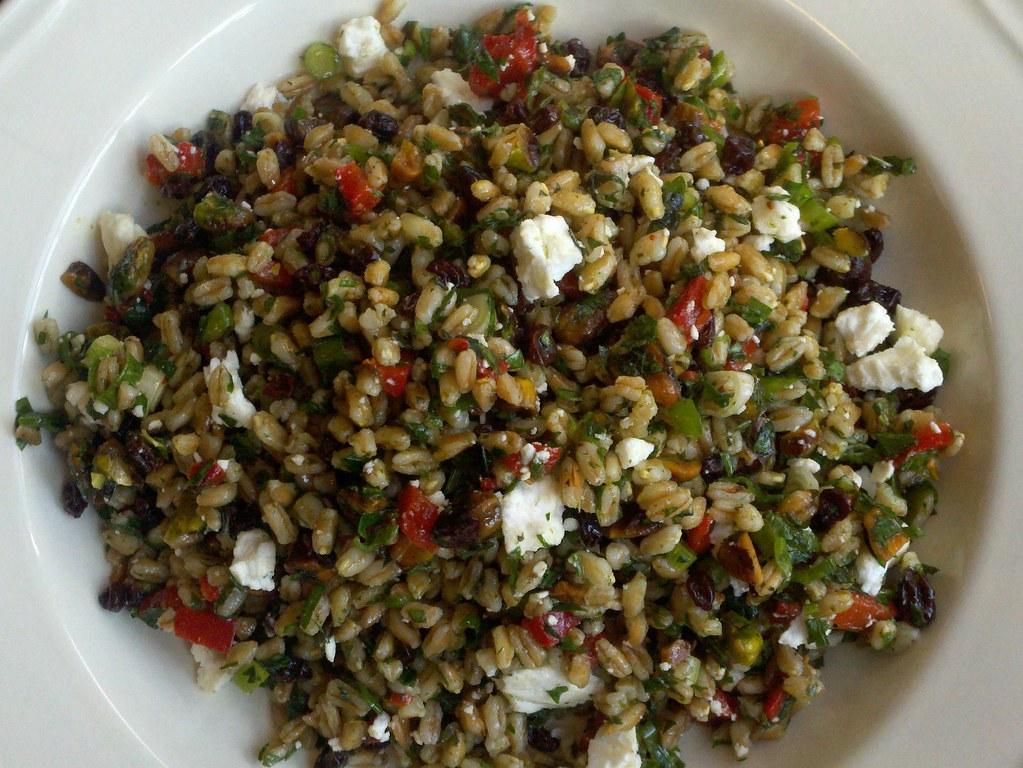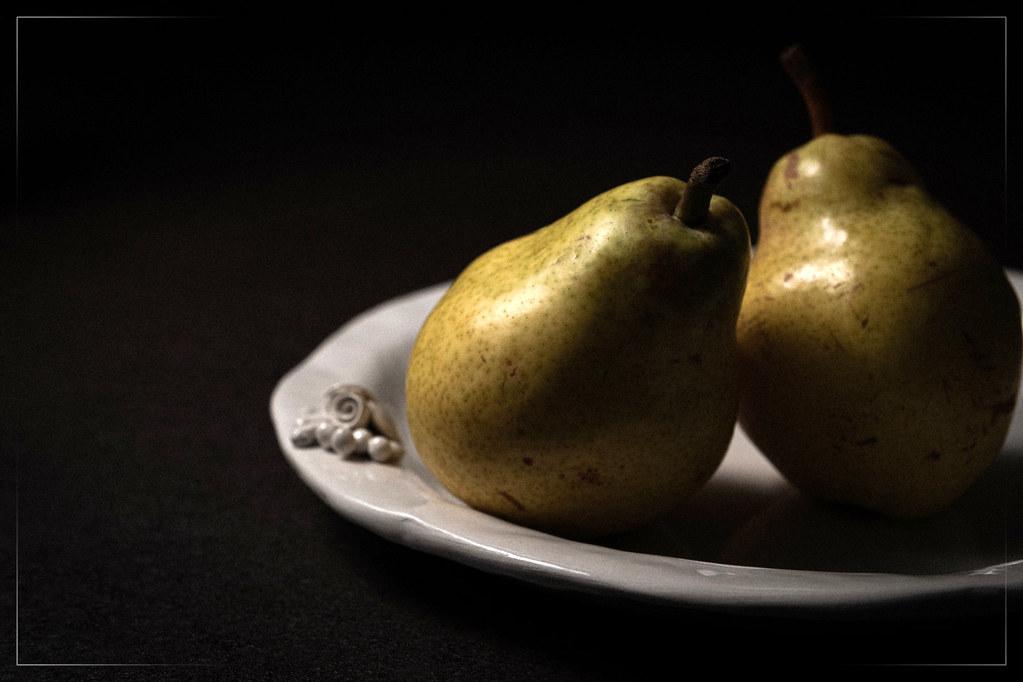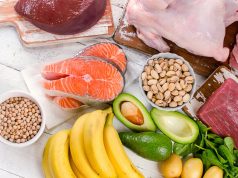In today’s fast-paced world, maintaining a balanced diet is more crucial than ever, especially for those who have embraced a vegetarian lifestyle. Whether you’re a seasoned vegetarian or just beginning to explore this path, understanding how to nourish your body with the right foods can be both empowering and transformative. This article is designed to guide you through the essentials of a balanced vegetarian diet, offering insights into nutrient-rich foods that not only meet your dietary needs but also satisfy your taste buds. With empathy and clarity, we’ll explore the best foods that can help you achieve optimal health and vitality, ensuring your vegetarian journey is both fulfilling and sustainable.
Understanding Nutrient Needs in a Vegetarian Diet
In crafting a well-rounded vegetarian diet, understanding your body’s nutrient needs is crucial. While plant-based diets offer a plethora of health benefits, they can sometimes fall short in providing essential nutrients. To ensure a balanced intake, focus on incorporating a diverse range of foods that supply all the necessary vitamins and minerals.
- Protein: Vital for muscle repair and growth, proteins can be sourced from legumes, tofu, tempeh, and quinoa. These not only pack a protein punch but also provide other key nutrients like iron and magnesium.
- Iron: Essential for carrying oxygen in the blood, iron can be found in spinach, lentils, and fortified cereals. Pair these with vitamin C-rich foods like oranges or strawberries to enhance absorption.
- Calcium: Crucial for bone health, calcium is abundant in almonds, chia seeds, and fortified plant milks. Including these in your diet can help maintain strong bones and teeth.
| Nutrient | Key Sources | Benefits |
|---|---|---|
| Omega-3 Fatty Acids | Flaxseeds, Walnuts | Supports heart and brain health |
| Vitamin B12 | Fortified cereals, Nutritional yeast | Essential for nerve function |
| Zinc | Pumpkin seeds, Chickpeas | Boosts immune system |
Incorporating a variety of these foods can help ensure that you meet your nutritional needs while enjoying a vegetarian lifestyle. Remember, balance and variety are the keys to maintaining a healthy and satisfying diet.

Incorporating Protein-Rich Plant Foods
Embracing a vegetarian lifestyle doesn’t mean compromising on your protein intake. There are a variety of plant-based options that are not only rich in protein but also packed with other essential nutrients. Legumes such as lentils, chickpeas, and black beans are excellent choices. They can be incorporated into soups, salads, or even as a base for veggie burgers. Quinoa, a complete protein, is another versatile option that can be used in place of rice or as a hearty addition to salads.
Adding nuts and seeds to your meals can also boost your protein intake. Consider incorporating almonds, chia seeds, and hemp seeds into your breakfast smoothies or sprinkle them over your oatmeal. These small additions can make a significant impact on your daily protein goals. Additionally, tofu and tempeh are popular among vegetarians and can be used in a wide range of dishes from stir-fries to sandwiches, providing a substantial amount of protein per serving.
| Food | Protein (g) per 100g |
|---|---|
| Lentils | 9g |
| Chickpeas | 19g |
| Quinoa | 4g |
| Tofu | 8g |
- Legumes – versatile and nutrient-dense
- Nuts & Seeds – easy to add to any meal
- Tofu & Tempeh – excellent meat substitutes

Balancing Essential Vitamins and Minerals
Ensuring you get the right balance of vitamins and minerals is crucial for a healthy vegetarian diet. Leafy greens like spinach and kale are rich in iron and calcium, essential for maintaining strong bones and healthy blood. To enhance iron absorption, pair these with foods high in vitamin C, such as bell peppers or citrus fruits.
- Nuts and Seeds: Almonds, chia seeds, and flaxseeds are excellent sources of vitamin E, magnesium, and omega-3 fatty acids.
- Legumes: Lentils and chickpeas are packed with protein, iron, and zinc, important for energy and immune function.
- Fortified Foods: Plant-based milks and cereals often come fortified with vitamin B12, which is critical for nerve function and energy production.
For a quick reference, here’s a handy table of vegetarian foods rich in specific vitamins and minerals:
| Vitamin/Mineral | Food Source |
|---|---|
| Vitamin D | Fortified soy milk |
| Calcium | Bok choy |
| Iron | Tofu |
| Omega-3 | Walnuts |
Balancing these nutrients can be as simple as diversifying your meals and paying attention to food pairings. Remember, a little creativity in your meal planning can go a long way in achieving nutritional harmony.

Creating Satisfying and Diverse Meal Plans
To craft a vegetarian meal plan that is both satisfying and diverse, it’s essential to focus on incorporating a variety of food groups that offer a range of nutrients. By doing so, you’ll not only meet your nutritional needs but also keep your taste buds excited. Start by including a colorful array of vegetables and fruits. Aim for a “rainbow on your plate” by choosing different colors, as this ensures a range of vitamins and minerals.
- Whole Grains: Choose options like quinoa, brown rice, and oats. They are not only filling but also packed with fiber and essential nutrients.
- Legumes: Beans, lentils, and chickpeas are excellent protein sources and can be used in a variety of dishes.
- Nuts and Seeds: Almonds, chia seeds, and flaxseeds provide healthy fats and can be easily added to meals or snacks.
- Dairy or Alternatives: Incorporate options like Greek yogurt or fortified plant-based milks to ensure adequate calcium and vitamin D intake.
| Food Group | Examples | Key Nutrients |
|---|---|---|
| Whole Grains | Quinoa, Brown Rice | Fiber, B Vitamins |
| Legumes | Chickpeas, Lentils | Protein, Iron |
| Nuts & Seeds | Almonds, Chia Seeds | Healthy Fats, Omega-3 |
| Dairy/Alternatives | Greek Yogurt, Almond Milk | Calcium, Vitamin D |
Remember, the key to a balanced vegetarian diet is variety. Explore different cuisines, try new recipes, and experiment with herbs and spices to keep your meals exciting and full of flavor. By being mindful of the food groups and nutrients you’re incorporating, you’ll create meal plans that are not only nutritionally sound but also enjoyable and diverse.








































